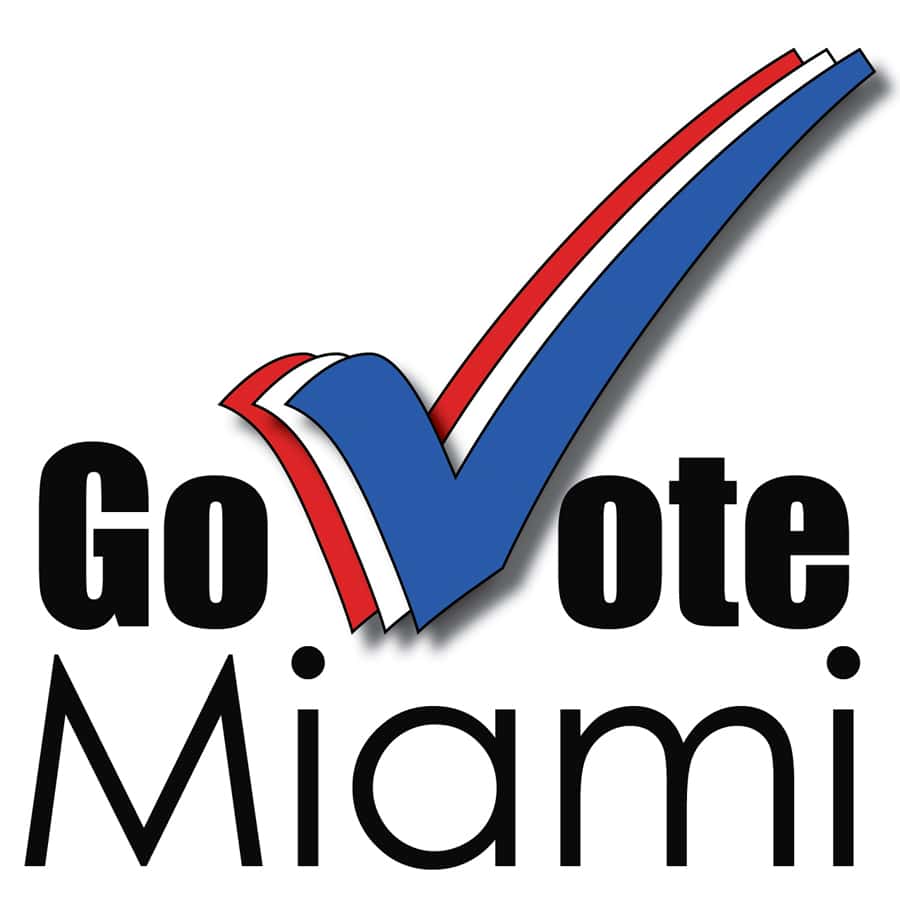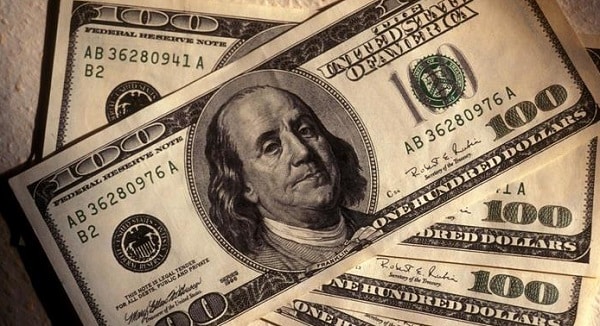Franklin felt a strong responsibility to find ways to benefit society. This was long before governments began to provide services to their citizens. His many projects included creating pensions and insurance companies and welfare support for widows. He helped build the University of Pennsylvania to educate middle class children. He raised funds to build the nation’s first hospital, Pennsylvania Hospital, for those who could not afford care and institutions for the mentally disabled. The nation’s first lending library and the Union Fire Company were among his other contributions.
Franklin was an ambitious entrepreneur, disciplined and industrious. He opened his own printing business and acquired the Pennsylvania Gazette from his previous employer and created Poor Richard’s Almanac, selling thousands of copies. As scientist he proved by flying a kite that lighting was electricity and invented a rod to prevent it from hitting buildings. He invented bifocal glasses, charted the Gulf Stream, invented a clean burning stove and proposed theories on the contagiousness of the common cold. His inventions were practical and designed to make everyday life easier; he never patented his ideas, but considered them gifts to the public.
Franklin was also one of the signers of the Treaty of Paris. He was then chosen to represent the Union as the first minister plenipotentiary to France, the equivalent of today’s ambassador. During his later years Franklin’s health gradually deteriorated. He died at age 84, on April 17, 1790.
Source: benjamin-franklin-history.org







